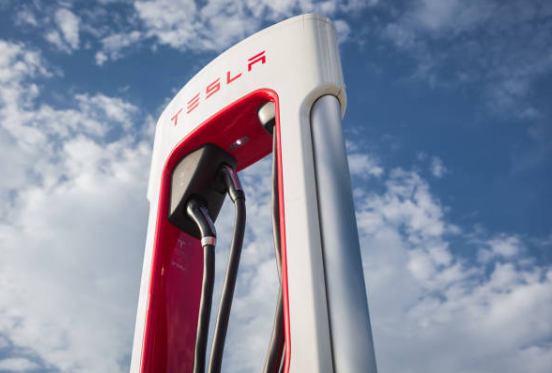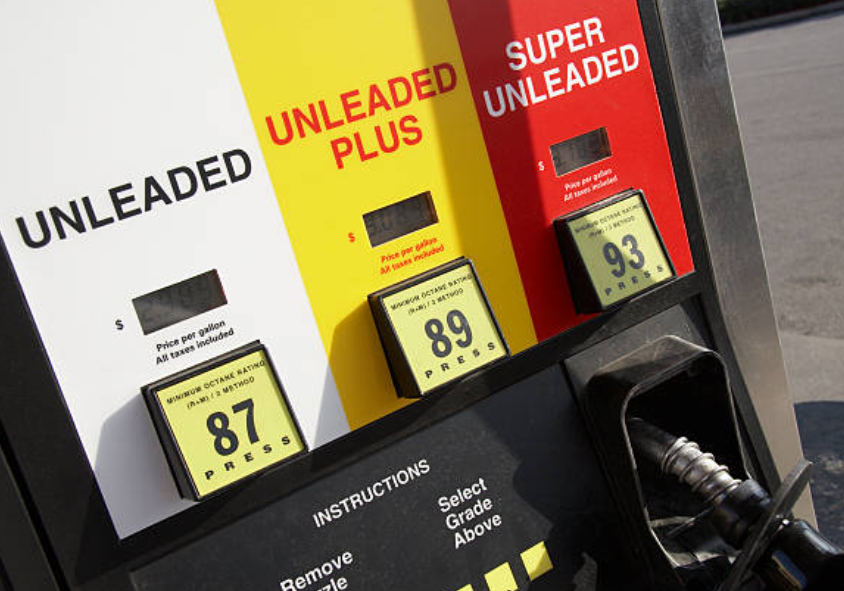Demystifying the Cost of Charging a Tesla
Many people are curious in the cost of charging a Tesla because electric vehicles are becoming more and more popular. EVs are becoming an increasingly viable and appealing alternative for commuters, environmentally aware drivers, and those wishing to adopt sustainable lifestyles. Charging your car can be an intimidating endeavor – there’s wiring diagrams to understand, equipment options to choose from, and most importantly financial considerations that come into play. We will look at all these components in depth so you can better gauge the expenses associated with charging both home or public charging points such as Superchargers or Destination Chargers. By understanding the full cost of purchasing & installing electric vehicle charger hardware and ongoing electricity usage costs you'll have a complete picture of what owning a Tesla really looks like before making any major decisions.

How Much Does It Cost to Charge a Tesla?
A Tesla is simple to charge and is inexpensive to do. Depending on where you charge your Tesla, different locations have different fees. Depending on the local energy rate, home charging offers a useful and affordable alternative, with possible costs as low as $0.12/kWh. This makes home charging an advantageous option, providing convenience and affordability for Tesla owners. Public charging is also available but generally comes at a higher cost. Public charging stations often have a flat fee per session along with a per-minute fee. It is crucial to confirm the tariffs applicable to your area because the pricing differs across stations and locations. You can bet on long-term savings while charging a Tesla because it is substantially less expensive than refueling a gasoline-powered vehicle, regardless of the charging method you use.

The cost of charging a Tesla is influenced by several factors. The primary factor is the electricity rate, which can vary based on location and the rate plan with the utility provider. Charging speed and efficiency also play a role, as faster charging methods or more energy-efficient Tesla models can affect the overall cost. The charging location is another factor, with home charging typically being more cost-effective due to lower residential electricity rates. Public charging networks may have different pricing structures. Charging time, time-of-use electricity rates, and the availability of renewable energy options can further impact the cost. By considering these factors, Tesla owners can better estimate and manage their charging expenses. It's advisable to research local electricity rates and charging options to optimize cost savings.

Reducing Tesla charging costs is achievable through a combination of smart practices and conscious energy management. Start by taking advantage of off-peak charging hours to capitalize on lower electricity rates. Home charging is typically more cost-effective, so utilize a residential charger whenever possible. Minimize vampire drain by disabling unnecessary features and maximize regenerative braking to recover energy during deceleration. Efficient route planning and optimizing climate control usage also contribute to lower energy consumption. Explore free or discounted charging options available through Tesla's Supercharger network or other charging networks. Consider the installation of solar panels to generate clean, renewable energy for charging, potentially offsetting charging costs. By implementing these strategies, Tesla owners can effectively reduce their charging expenses while promoting sustainable energy practices.
-
Is it cheaper to charge a Tesla at home or use Superchargers?
In general, home charging a Tesla costs less than utilizing a Supercharger. While Superchargers could have higher per-kilowatt-hour charges or other taxes, home charging enables you to take advantage of cheaper household power prices.
-
How much does it cost to charge a Tesla at public charging stations?
Public charging costs vary depending on the charging network and location. Some public charging stations offer free charging, while others may charge per kilowatt-hour, per minute, or have flat session fees. It's important to check the pricing details specific to the charging station you plan to use.
See more review here: The 10 Best ATV Goggles For Off-Road Excursions










